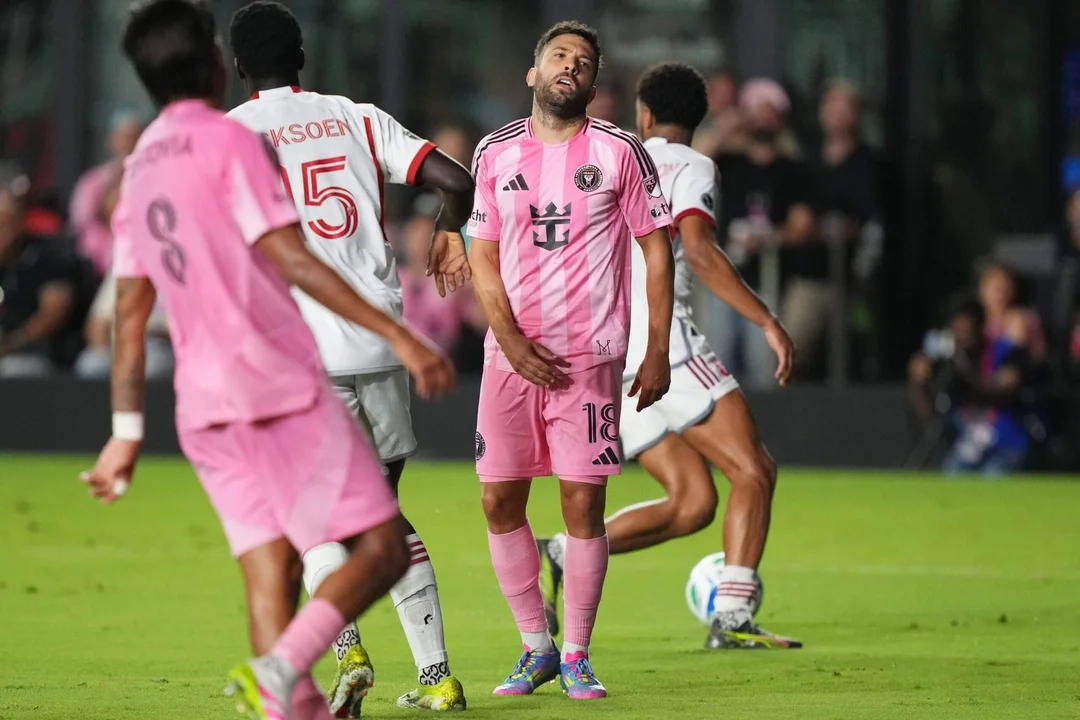
Is Inter Miami’s Glory Days Fading? A Deep Dive into Their Defensive Woes
For many, the arrival of Lionel Messi in Inter Miami's ranks was destined to start a new era of dominance in Major League Soccer (MLS). However, the reality has proved far more complicated, as Miami's defensive frailties have raised serious questions about their potential to compete for titles.
Since signing Messi and fellow veterans like Sergio Busquets and Jordi Alba, Miami has had only a Supporters' Shield and a Leagues Cup to show for their investments. Their form seems to have declined recently, failing to secure wins in six of their last eight matches, including a disheartening 4-1 loss to Minnesota United. Head coach Javier Mascherano has lamented the need for his team to learn to "suffer" in difficult moments, but it appears that the foundational issues run far deeper.

Despite boasting an attacking lineup filled with stars, Miami has presented an overly defensive liability. The team's defensive line, often left exposed due to high pressing tactics, has been criticised for conceding 8.4 chances per game, with a staggering 30.7% of those being classified as "big chances", the highest rate in MLS. Alba's advanced positioning allows opposing players to exploit the gaps left behind, leading to critical goals against them.
Ustari's performance as a goalkeeper has also left much to be desired; he has failed to effectively stop shots directed away from the centre of the goal, raising concerns about his reliability. This has compounded the issues faced by the back line, creating an environment where the team is in constant crisis.

Recent matches highlight the gaps in Miami's game. They have repeatedly failed to handle pressure, as seen in their 3-3 draw against the San Jose Earthquakes where they squandered a lead only to concede late in the game. Mascherano's insistence on pressing higher up the pitch hasn’t translated effectively into a secure defensive structure, reflecting a disconnect between their tactical approach and execution on the field.
Moreover, Miami’s veteran core, while laden with talent, is experiencing age-related decline, particularly regarding stamina and defensive responsivity. The likes of Messi, Suarez, and Alba, while adept at creating offensive plays, are less inclined to engage in the defensive work necessary for success against more youthful, dynamic teams.
As it stands, questions loom large over Miami's chances at clinching the MLS Cup while Messi still graces the pitch. Upcoming fixtures against rival teams will prove crucial; significant losses could further dent their playoff aspirations.
In conclusion, while Miami possesses the necessary talent to rise in the ranks, their precarious defensive situation may prove too significant an obstacle. Can they adapt and find a way to consolidate their powerful attack with a more resilient defence? The coming weeks are likely to provide the answers as the pressure mounts. Fans and analysts alike will be watching closely to see if Miami can learn to balance the scales and rise to the challenge.